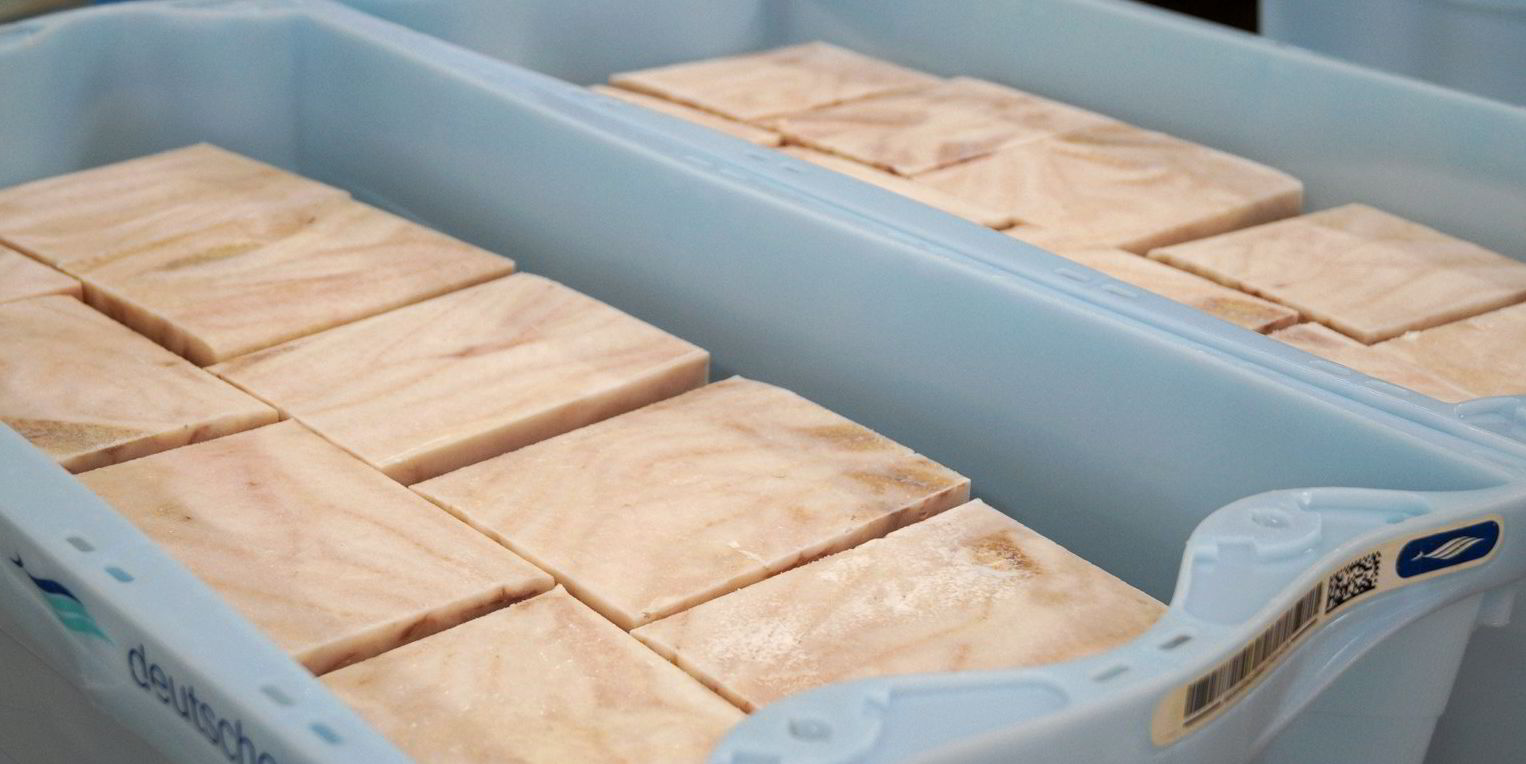The editorial board of the Wall Street Journal is calling on the Biden administration to give Alaska pollock producers and companies that ship their product time to reconfigure a shipping route they now use to move fish from Dutch Harbor, Alaska, to secondary processors on the East Coast of the United States.
The transportation route, which the companies have been using for nearly two decades, recently became the subject of an unexpected enforcement action by the US Customs and Border Protection (CBP) agency, which in August levied $350 million (€300 million) in fines against pollock producers and shippers for alleged violations of the Jones Act, which requires that product moved between two US ports be done so using US-owned, built and flagged vessels.
Under what companies have dubbed "The Bayside Program," American Seafoods and others have been using an exemption to the Jones Act to load pollock stored at its Kloosterboer Bayside facility in Dutch Harbor onto foreign-built or owned trampers, which then transport the fish through the Panama Canal to New Brunswick, Canada, where the fish are supposed to be transported over the Canada-US border to customers along the US East Coast using “through routes" over Canadian rail lines.
The current system being used, however, transfers product from Bayside cold storage facilities onto trucks that are loaded onto flat rail cars on the tracks of the Bayside Canadian Railway (BCR), a registered Canadian railroad that is about 100 feet long and located at Bayside's facility in New Brunswick, according to court documents.
Looney runaround
“The runaround is economically looney, but it gets Alaska’s fish to the East Coast relatively cheaply, given how the Jones Act restricts the alternatives,” the Wall Street Journal editorial board wrote.
“The economic harm is considerable, the Wall Street Journal editorial said, “and could leave restaurants and school lunches without fillets.”
As of Sept. 2, according to the court files cited by the newspaper, 26 million pounds of seafood products were stuck in Bayside. That’s 550 truckloads, worth $41 million (€35 million).
“The fish we’re talking about,” the National Fisheries Institute’s Gavin Gibbons told the newspaper, “is American fish, caught in American waters by Americans. It is then transported to American factories, in places like Massachusetts (Gloucester) and Georgia (Carrollton) where it is processed by Americans and then distributed to Americans for dinner.”
The Journal recommended President Biden “have a word with CPB.”
“His bureaucracy should at least give people who built their livelihoods around the Alaskan fish supply chain the time to adjust and find alternatives," the board wrote.
"Better yet, use his authority to suspend Jones Act enforcement and then ask Congress to repeal it.”
(Read the full IntraFish coverage of the controversial Bayside Program shipping route)
Read more
- High Liner so far escaping supply-chain impact from Alaska pollock customs chaos
- American Seafoods subsidiaries hire high-profile Trump attorney to defend pollock shipping strategy
- The Bayside Program: Unraveling the complex cross-ownership of Alaska pollock's logistics network
- Wall Street Journal editorial board praises judge's decision to relieve Alaska pollock 'commodities catastrophe'





